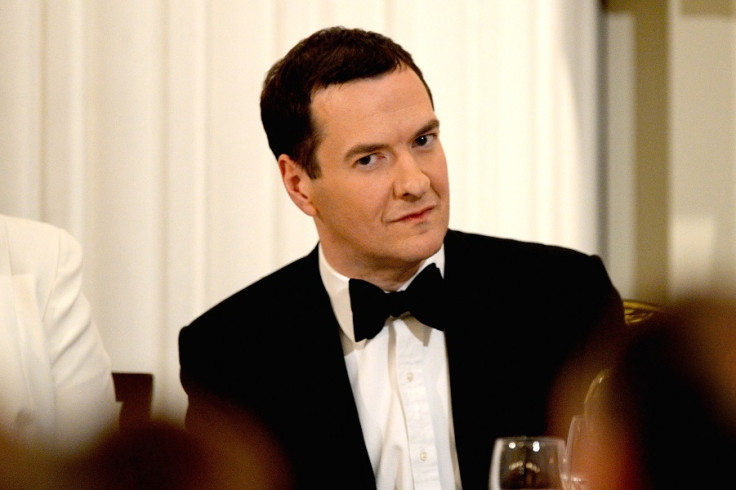Osborne accuses BBC of 'imperial ambitions' and plans to cut its income by £650m

Chancellor George Osborne will reduce the BBC's annual funding by £650m, or almost a fifth of its income, by forcing the corporation to meet pay for free TV licences for the over-75s, according to reporting by The Sunday Times.
Government sources say that the BBC will be required to fund the 4.5 million licences rather than the Department of Work and Pensions (DWP). To compensate it, the BBC will be allowed to charge for use of its iPlayer and other online catch-up services.
The details are likely to be finalised before this Wednesday's budget and the changes will start from 2017.
On the BBC's Andrew Marr show today, the Osborne said that the publicly funded broadcaster must make a contribution towards reducing the deficit. He also said that its role should be scrutinised further to ensure it does not crowd out newspapers and their websites.
"If you look at the BBC website it is a good product," he said, "but it is becoming a bit more imperial in its ambitions."
The initiative will be part of a package of £12bn of reductions in the government's welfare funding, of which more than £8bn will be announced in the budget.
Osborne is also to announce that people living in social housing with incomes that are mid-range or greater will have to pay market rents. Under new "pay-to-stay" rules households with annual incomes of more than £40,000 in London, or £30,000 elsewhere, will have to pay full market rents for their rent.
The change is likely to affect up to 300,000 households in council housing and housing association properties. Currently, such households receive substantial discounts on market rents.
Osborne said that the relevant individuals, "will have to pay the market rent or at least something close to it, if they want to stay in their homes. It's a simple matter of fairness".
High-profile individuals on large salaries have been criticised for remaining in council housing, notably Bob Crow, the late RMT union leader, and Frank Dobson, a former Labour cabinet minister.
The Budget is will also contain large cuts to tax credits and housing benefit. The benefits cap for those outside London is to be reduced to less than £23,000 a year.
Treasury officials have revealed that a major priority for the budget is to reduce taxes. Osborne is expected to increase the thresholds at which individuals pay both the 20p and 40p tax rates. And he is believed to be considering reducing the top rate of tax from 45p to 40p.
Today he wrote in the Sun on Sunday newspaper that the £12bn welfare cuts "won't be easy and some will be controversial".
Other measures to be included in the budget will include raising the inheritance tax threshold to £1m from 2017 and fresh measures to limit tax concessions for "non-doms" – those individuals who live in the UK, but who are not legally domiciled here.
© Copyright IBTimes 2025. All rights reserved.





















